Warning: The following review may contain spoilers for the Barbie movie.
Who doesn’t know Barbie? She’s been a bright pink fashionable icon in the lives of little girls across the world, building an empire spanning many generations. They didn’t just stop at creating a wide line of dress-up dolls, but the franchise has released tons of movies throughout the years that many women grew up watching. Movies of sparkly fantasy worlds with mystically magical friends that center around themes of positivity, friendship and sisterhood; with the endearing underlying message that every girl can be anything they want to be, as long as they believe in themselves.
Growing up with these types of Barbie movies, most of us were expecting the Barbie movie to be just that. Especially as someone who was accustomed to the extremely cutesy and positive world of Barbie movies, I was expecting something of the same, just with real actors instead of the previous animated style. The combination of Greta Gerwig and Noah Braumbach’s vision of Barbie gave us a rollercoaster ride throughout the movie which far exceeded my expectations.
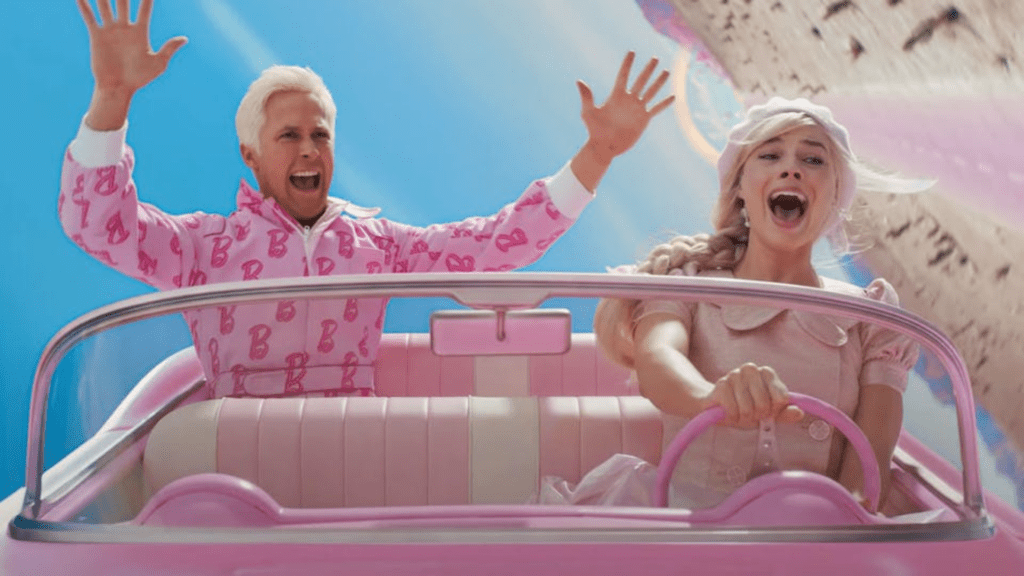
The movie follows Barbie’s journey to fix herself when things go awry, leaving Barbieland for the Real World to find the girl who has been slowly changing her. This leads her to the family who was connected to her and exposes Barbie to the very real patriarchal issues of the Real World that heavily contrast the matriarchal world of Barbieland. While Barbie finds a way to fix herself, Ken follows her on this journey only to be influenced by the system of the Real World and attempts to change Barbieland into Kendom Land.
Let’s start with how the movie was presented. The jarring contrast between the beautifully pink world of Barbieland and the bland scenery of the Real World was a sight that really set the mood for the movie; alongside the creative costumes that made all of us nostalgic with many references to the different Barbie characters and unique concepts over the years — including those that have since been discontinued such as Barbie Video Girl and Pregnant Midge.
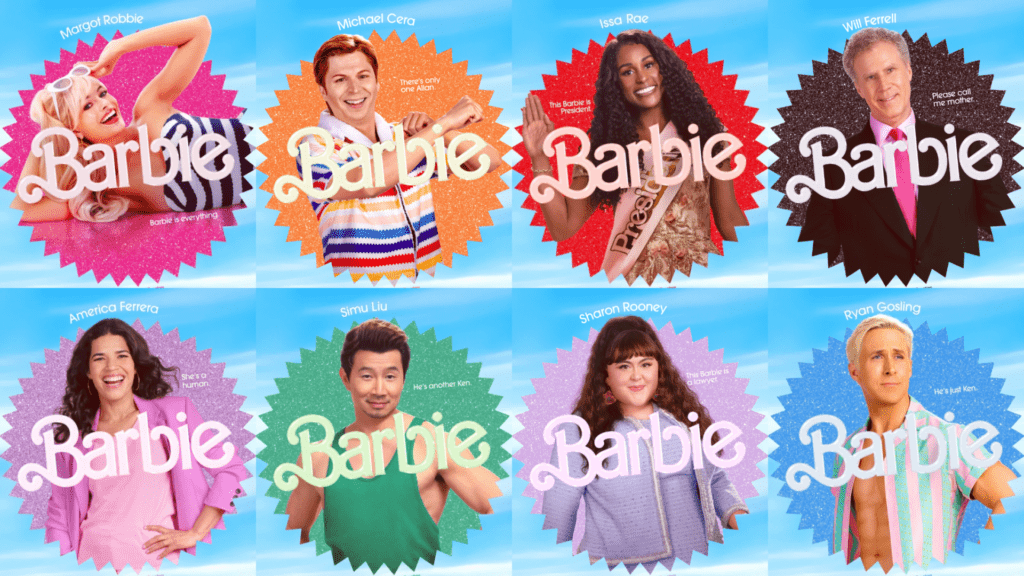
The cast for Barbie was also a very interesting collection of actors and actresses, especially with Barbie adopting the message of inclusivity as a response to the changing concept of femininity. The cast truly reflected that along with the unexpected appearances from a few iconic faces, which became a fun easter egg hunt to figure out throughout the movie. Not just the cast but the soundtrack of the movie included many talented artists like Lizzo, Billie Eilish, and more who produced very fitting tracks to each scene in the movie.
Another thing I noticed while watching this movie is that it is definitely not made for children in mind, since the movie featured many early 2000s pop culture references and classic versions of Barbie models. It also had a pretty mature sense of humor with many side comments from characters or jokes that would fly over children’s heads, but would land right in the lap of most adults which made it fairly enjoyable.
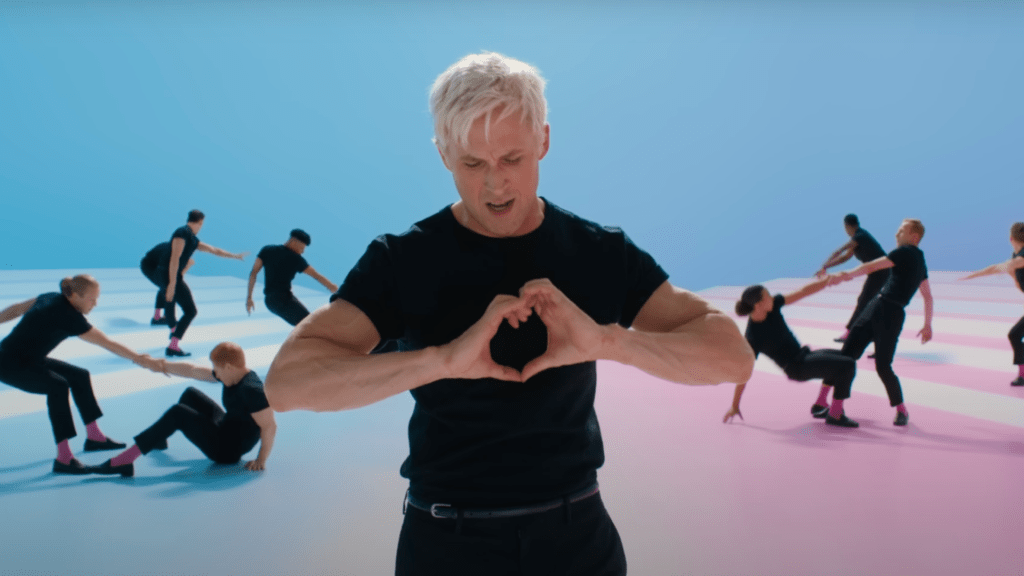
Something that seemed amiss to me while watching the movie was a few select scenes that just seemed to drag on for a little too long. While I understood that scenes like the Kens battling out as a proof of their masculinity were definitely placed as a comedic bit, it also seemed to pull me out of the moment because of how long the scene was; along with a few other scenes that I felt could’ve been cut down or even scrapped that possibly wouldn’t even affect the movie premise.
However, the highlight of the movie was definitely the self-awareness of the concept of Barbie. While loved by many girls throughout the years, Barbie has also been a subject of controversy by growing women who claim that the concept of Barbie is a harmful one for women. Barbie has always been a sort of placeholder for how women should be presented in society. The conventionally attractive features of Barbie have garnered backlash from many feminist movements as a symbol of unattainable beauty.
Despite being heavily aware about this, the Barbie movie plays on this idea in its plot and includes criticism fromits characters about the seemingly negative reputation that Barbie has built over the years, with issues spanning beyond harming femininity, to how it has become a symbol of consumerism and capitalism. But the ending reminds us of a very positive and grounded message that relates to a lot of the little versions of ourselves inside us.
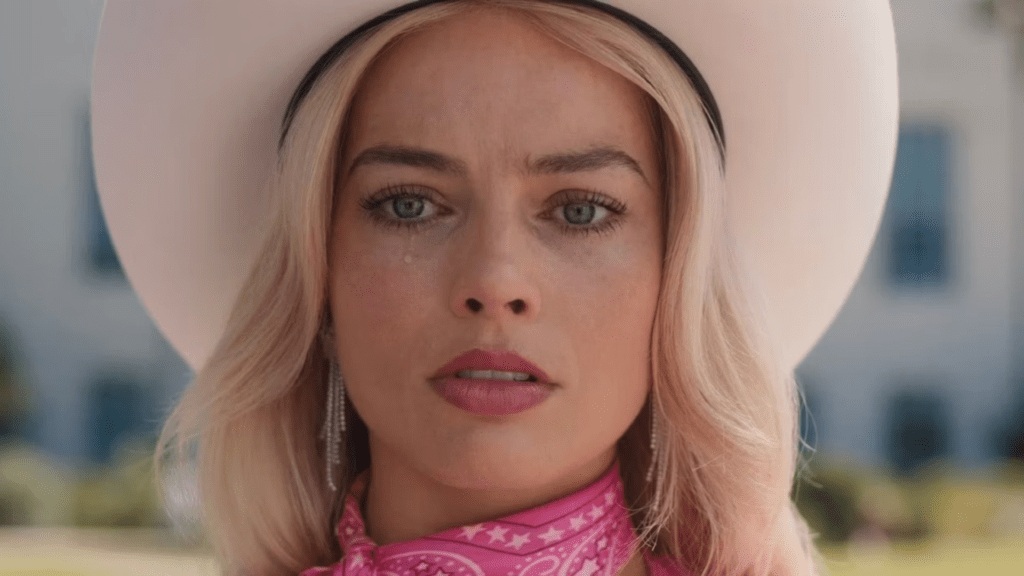
While most men may view this as a movie that targets men in a hateful way, the Barbie movie actually addresses the toxicity of the patriarchal system towards men as well. Ken goes through the journey of learning the patriarchal system of the Real World and works to change Barbieland to Kendom land in an effort to establish a normalcy that has been presented to him. Most men grow up with ideas that they need to be masculine leaders and are expected to act certain ways because that’s just the way it is.
However, as the movie progresses, Ken realizes that it doesn’t have to be this way. Ken has always been seen as an accessory to Barbie with no identity of his own outside of the idea that it’s always been “it’s Barbie and Ken”. The events throughout the movie points out that they are two separate people who don’t have to be attached to one another. He is his own person who can be whoever he wants to as long as he finds and understands himself without the expectations of masculinity.
Verdict 9/10
While it was a long journey through this emotional rollercoaster ride, it was definitely worthwhile. This movie is one that makes you think, reflect, and reminisce on your childhood. It did feature some heavy themes but still managed to fill the theater with laughter and awe. For women, it’s an empowering story that gives you a sense of relief to be your own version of Barbie. Cellulite, flats and all. For men, it’s a story that reminds you to be yourself. That you are Kenough. Overall, a sweetly inspiring, nostalgic and comedic movie that warms the hearts of everyone.






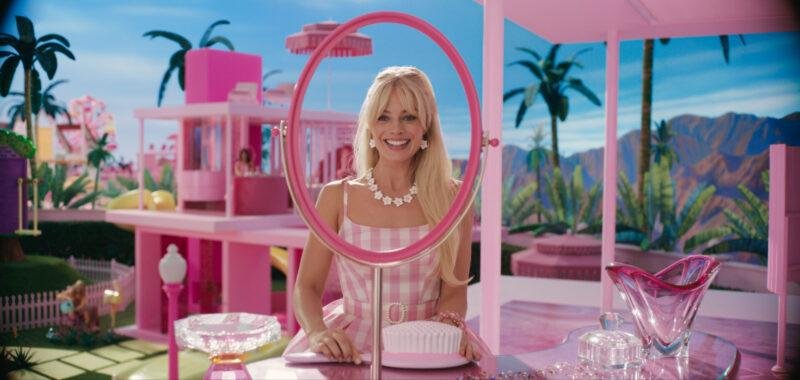

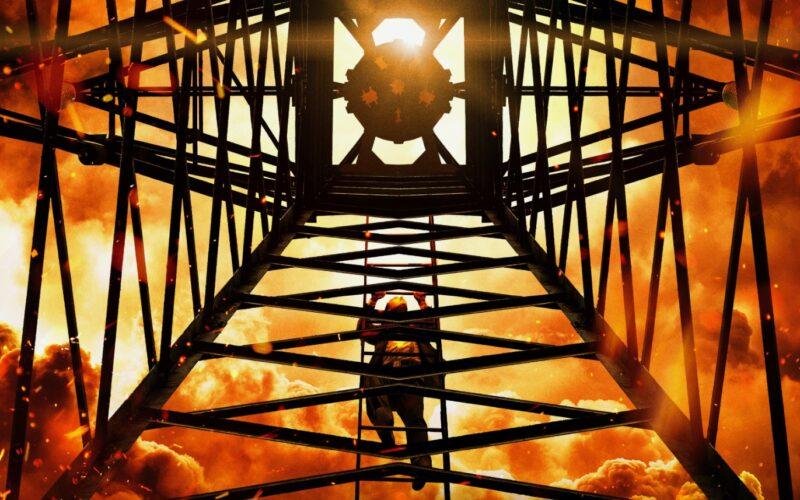




Comments 1